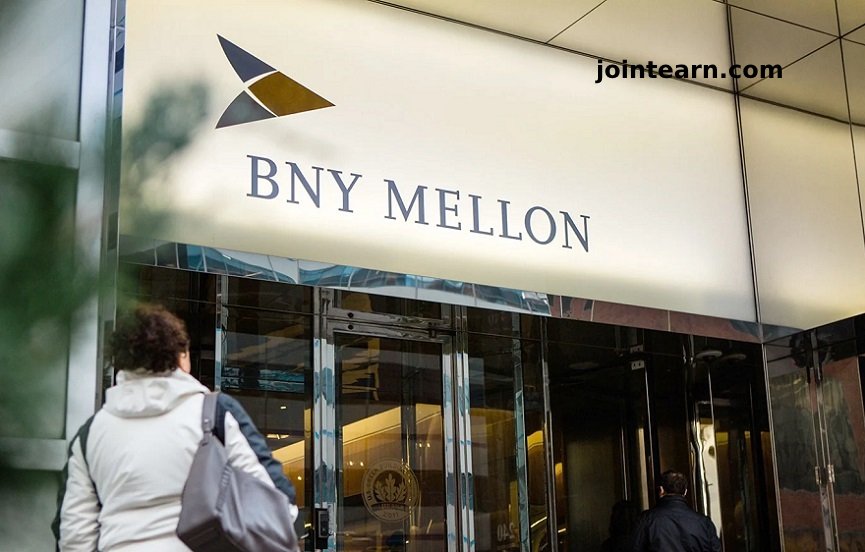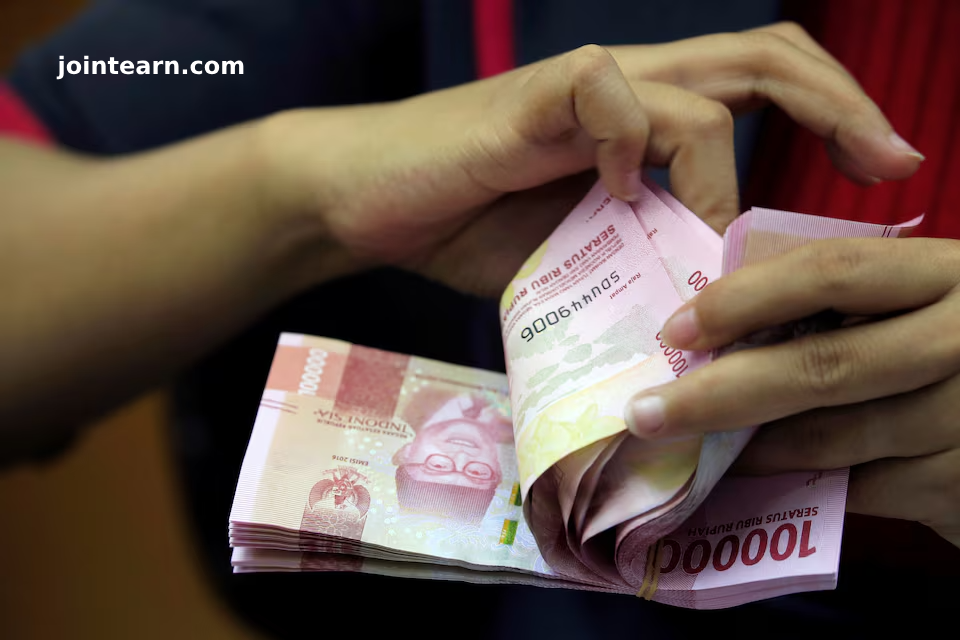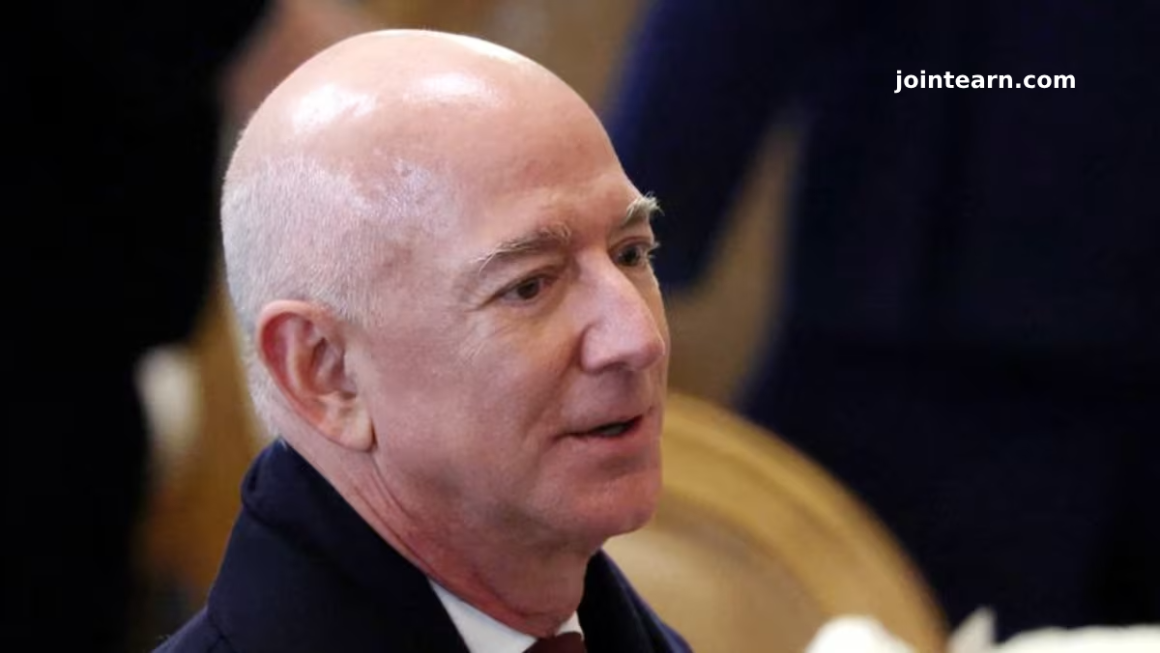Google’s CEO Sundar Pichai testified Wednesday at a landmark trial aimed at determining whether the company should be broken up over its alleged monopoly in the search engine market. The case, brought by the U.S. Justice Department, marks a critical juncture in the government’s efforts to break up what it sees as an anticompetitive tech giant. Pichai’s testimony in Washington, D.C., came in the “remedies” phase of the trial, where he sought to convince U.S. District Judge Amit Mehta to reject the Department of Justice’s proposals.
Pichai argued that the government’s suggested remedies—including breaking up Google, terminating its default search agreements, and forcing the company to share its vast search engine data—would have “unintended consequences.” He further claimed that the proposals would undermine Google’s ability to invest in the research and development that has kept it competitive in the search market for over 30 years.
The DOJ alleges that Google has used its monopolistic control over search engines to unfairly stifle competition. A significant part of the DOJ’s case involves Google’s use of exclusive agreements with distributors such as Apple to secure its position as the default search engine on devices. In 2021, Google paid $26 billion to secure these search default placements, with Apple reportedly receiving between $18 and $20 billion annually.
Pichai described the government’s proposals, including a forced divestiture of Chrome and the sharing of Google’s search data, as “far-reaching” and “extraordinary.” He warned that forcing Google to sell Chrome would effectively mean the company would have to divest its search capabilities as well, as Chrome and search are deeply intertwined. Moreover, Pichai expressed concerns about the potential national security risks and privacy violations of sharing Google’s data with foreign and domestic entities.
The case has far-reaching implications, as it not only addresses Google’s dominance in search but also the broader impact of antitrust actions on the tech industry, especially as artificial intelligence (AI) is set to transform the search space. Pichai testified that Google’s ongoing AI projects, such as its Gemini AI chatbot, would be jeopardized by the DOJ’s proposals, as they rely heavily on the company’s vast store of data.
In addition to the search case, Google is also facing a second antitrust trial related to its online advertising dominance. Both cases are ongoing, with Judge Mehta expected to rule on potential remedies by May 9, 2025. However, no matter the decision, both sides are expected to appeal.
Pichai’s defense underscores the significant challenge of balancing antitrust enforcement with the preservation of innovation and technological development. Google has long maintained that its search dominance stems from the superior quality of its services, not anti-competitive practices.












